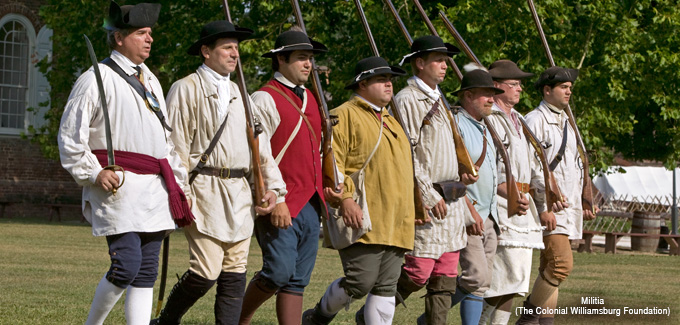Established by law and supported by taxation, the Church of England was the official religion of colonial Virginia. Church life revolved around the parish, a geographical area that supported a minister and functioned as a unit of local government. All Virginians were members of a parish and were taxed to support it. Like the county courthouse, the parish church served as an important center of the community.
By 1665, Christ Church Parish had formed as one of several parishes in Lancaster County. Residents were dispersed and diverse and included young and old, male and female, black and white, rich and poor, enslaved and free, planter and tradesman, landowner and tenant, native and immigrant. The parish was central to daily life, and many never traveled beyond its boundaries.
Sundays were the major event in a colonial parish. Virginia law required church attendance at least once a month. On Sundays, residents gathered in the churchyard, exchanged news, and socialized. They read notices on church doors, discussed tobacco prices and horses, and admired the latest English goods and fashions.
Colonial life in Christ Church Parish played out across a rural landscape of tobacco fields and taverns, rivers and roadways, slave cabins and great houses. Virginians attended militia musters and country dances. They gambled at horse races, cockfights, and cards. Court days and elections drew them to the courthouse, where they settled debts, tried criminal cases, recorded deeds, purchased goods, drank, gambled, and brawled.





